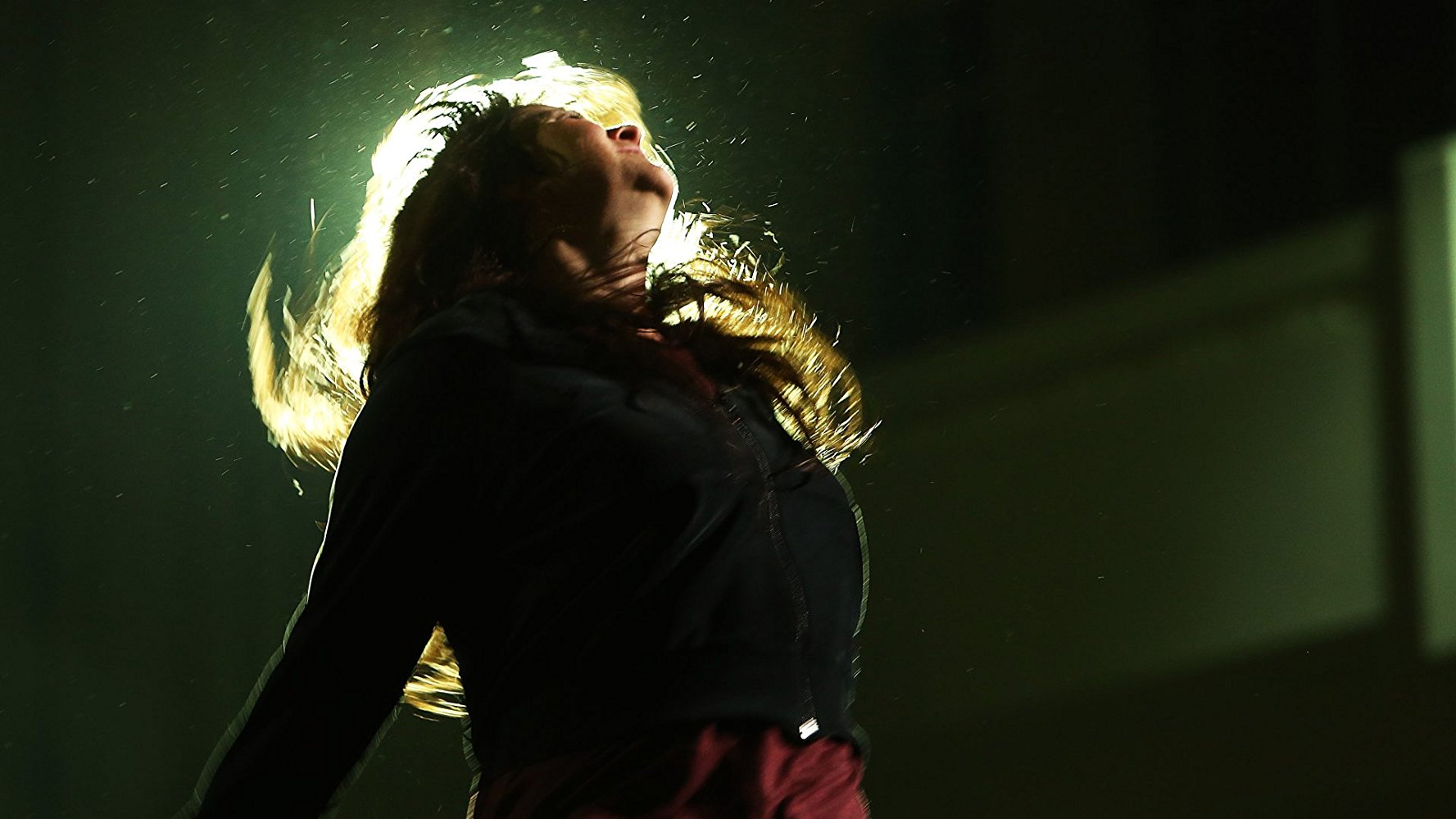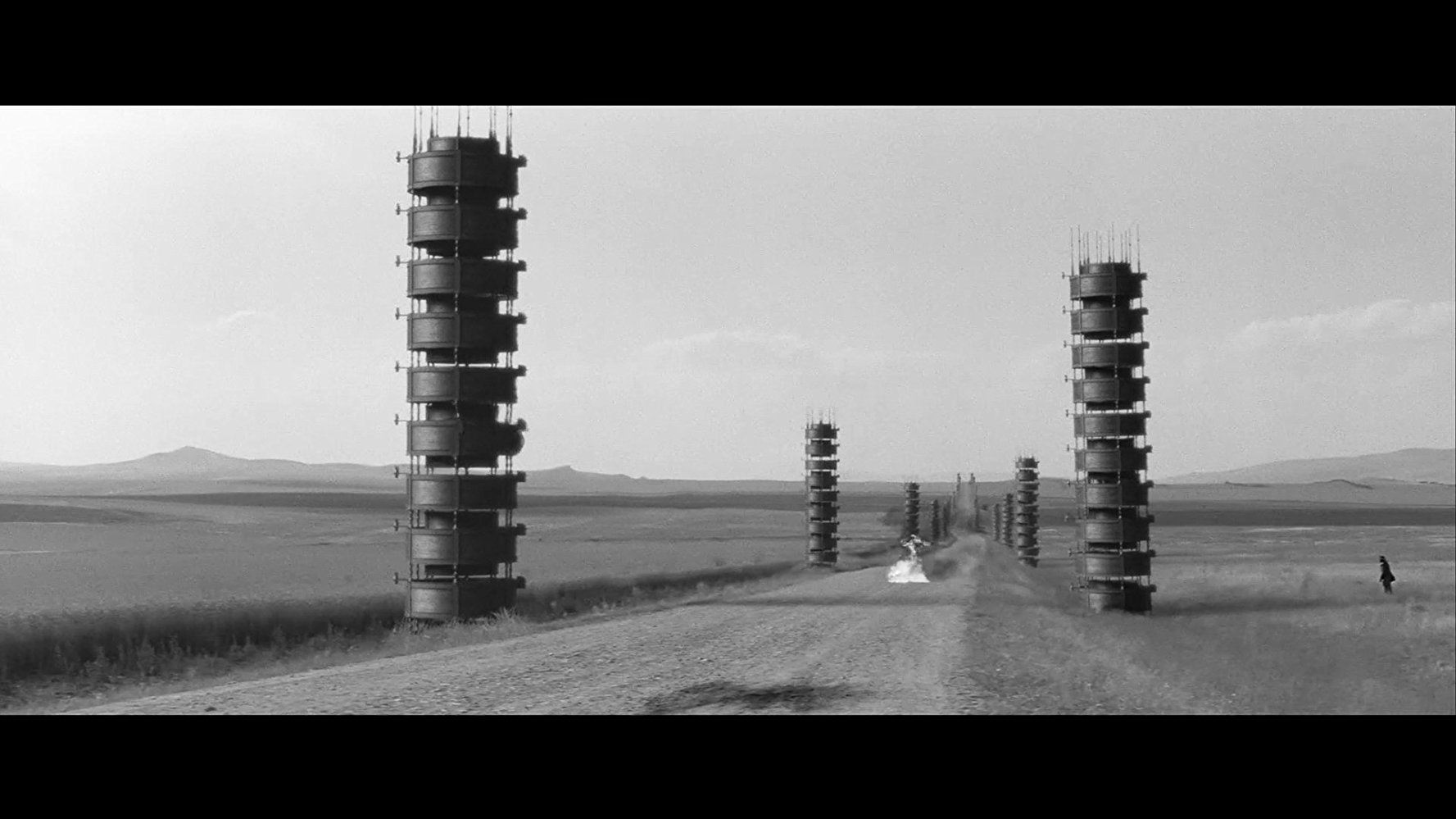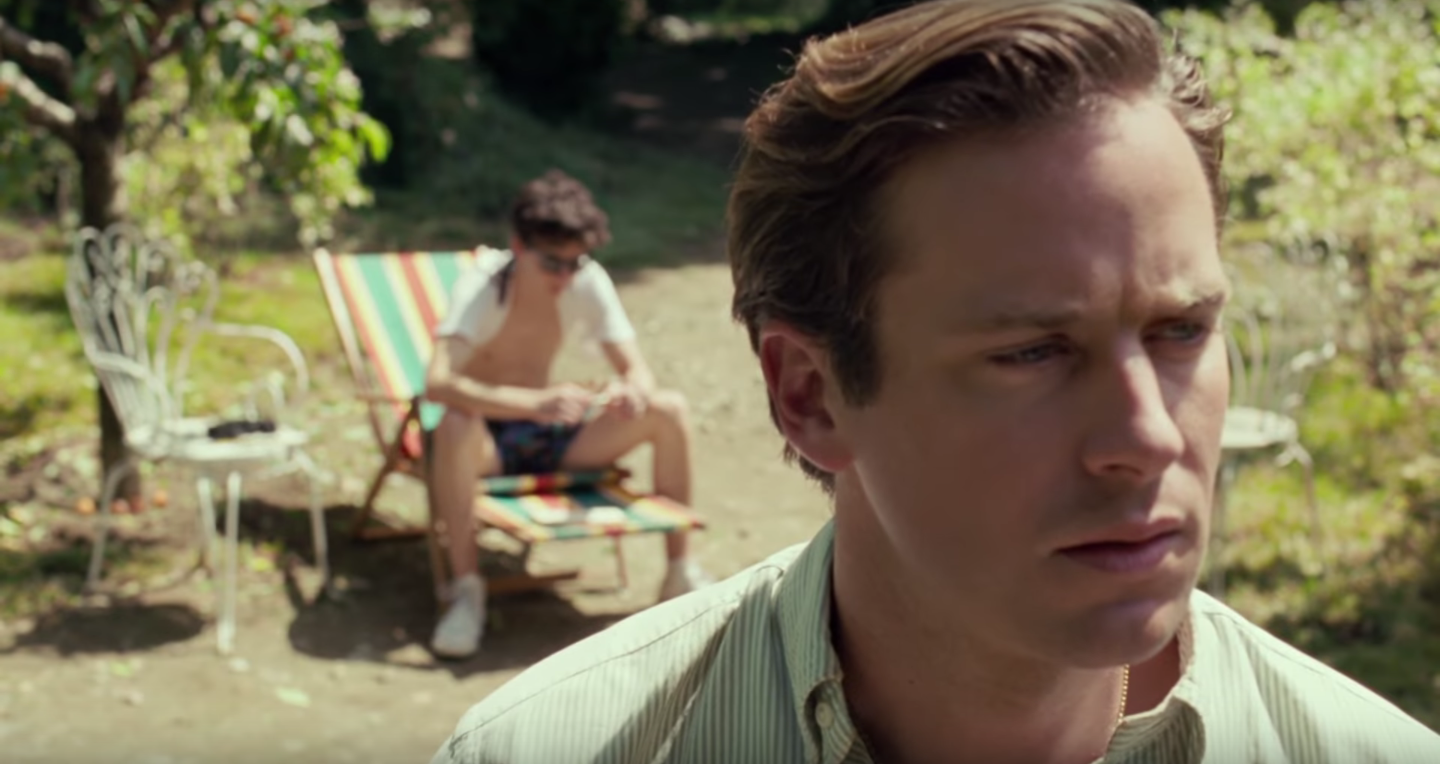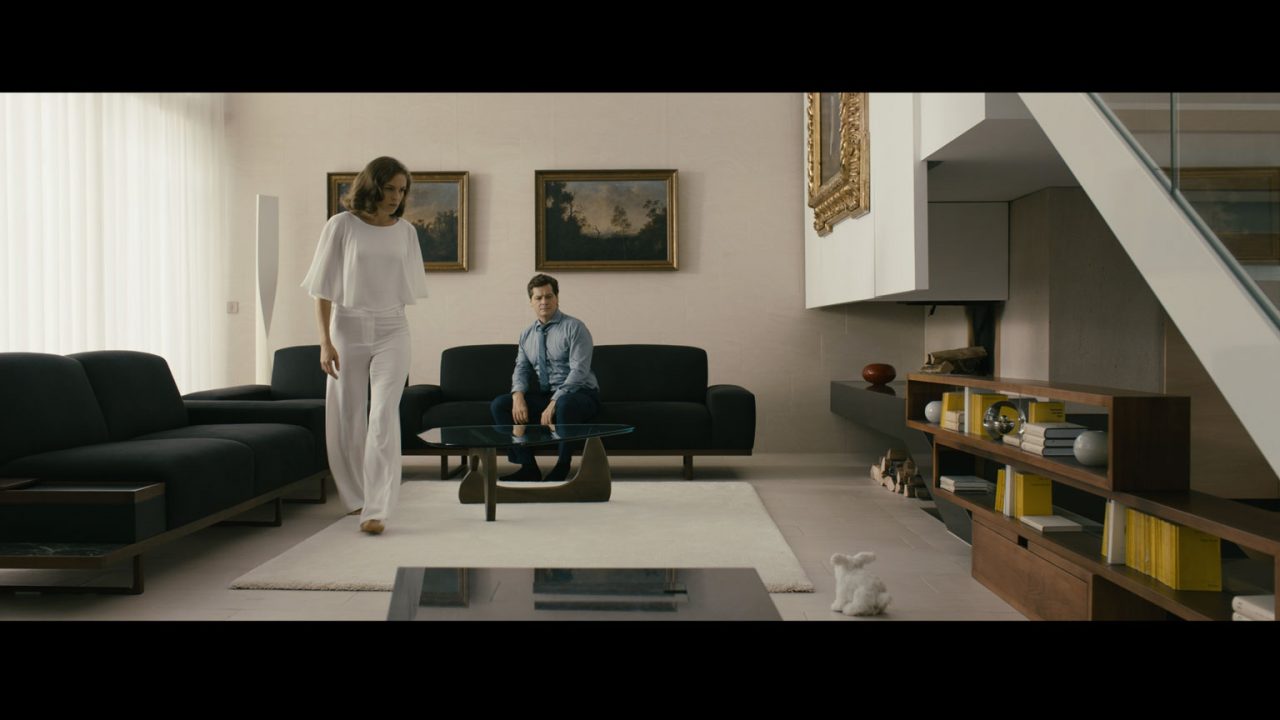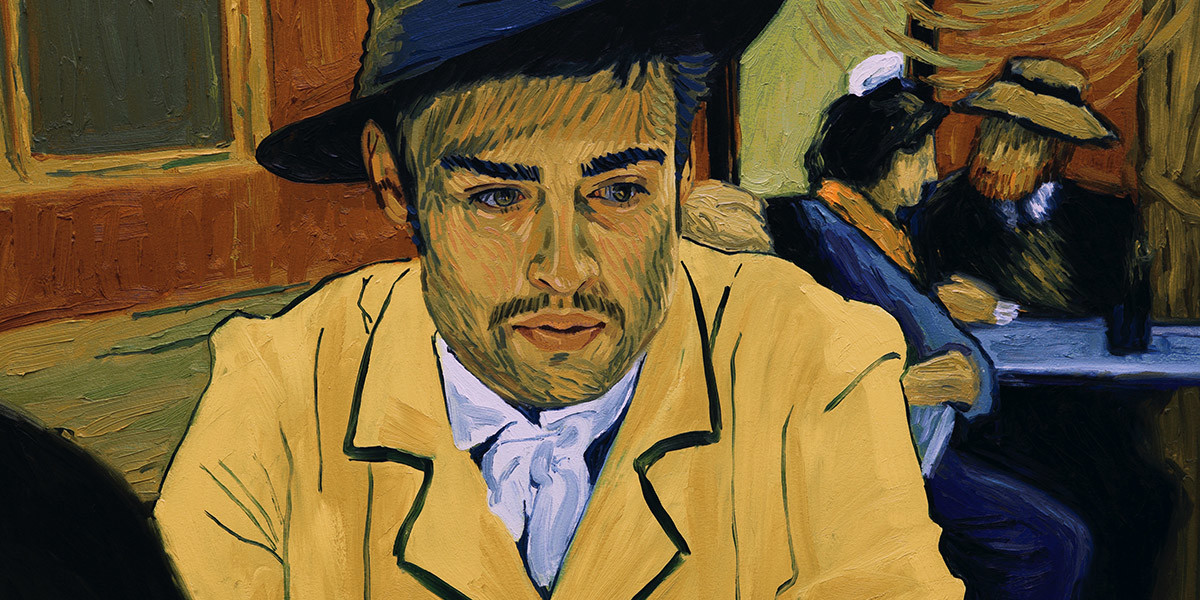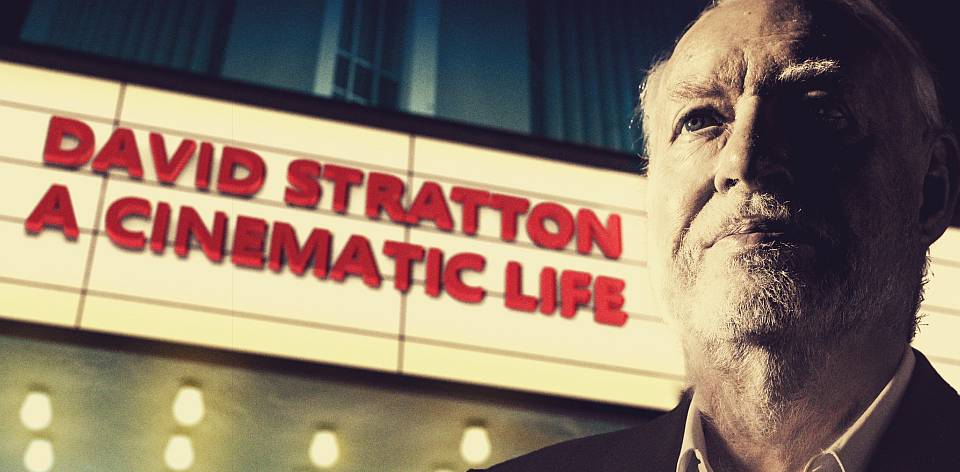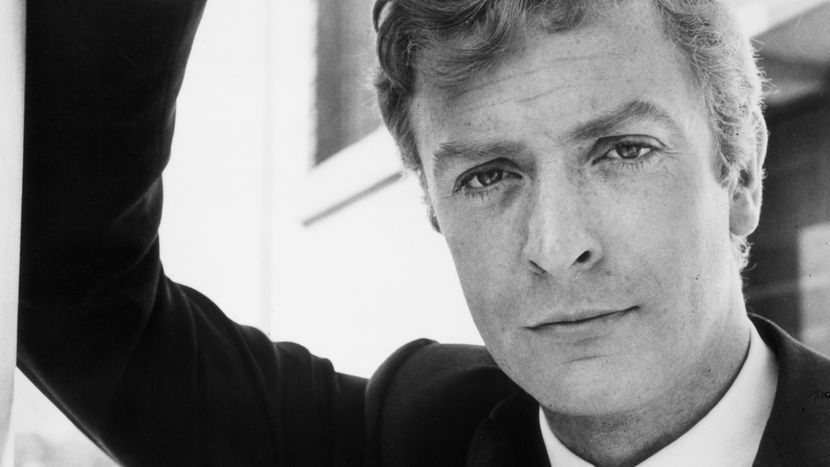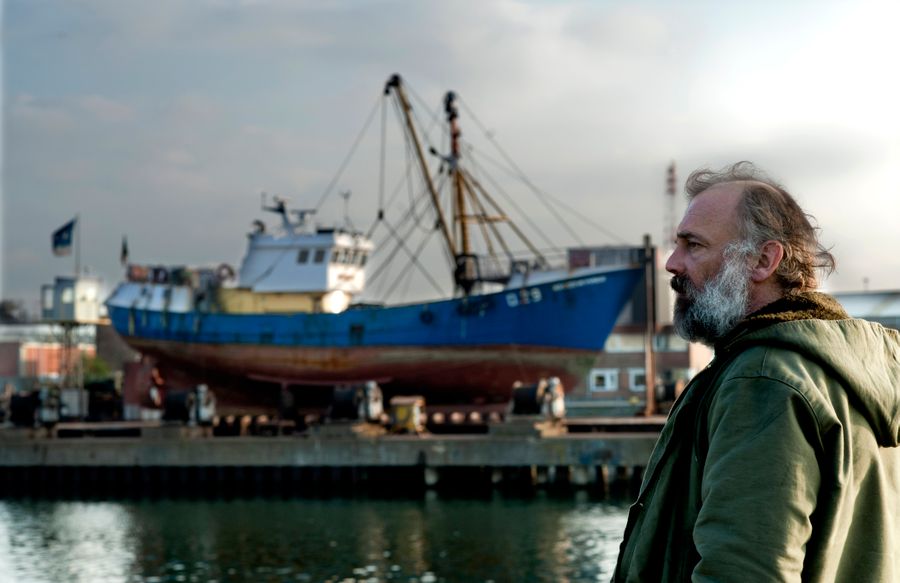Let The Sunshine In is an unapologetic meditation on the philosophy of love; the kind of film that French filmmakers seem to be able to do in their sleep. Inspired by rather than adapted from Roland Barthes’ influential A Lover’s Discourse, the free-floating plot tracks the messy love life of Isabelle, an attractive, single artist in her forties, played with an effortless blend of intelligence and sensuality by Juliette Binoche. As is often the case in real life, Isabelle seems so much better than the men in her romantic orbit. Yet her passion, idealism and loneliness yield to the gravitational pull of a group of suitors that run the gamut from harmless fantasists to indecisive or emotionally disconnected jerks. The most egregious offender is Vincent, who bears a strong resemblance to a recently disgraced studio head. When Isabelle eventually tunes this narcissistic banker with artistic pretensions out, most members of the audience will cheer.
Comments closedMonth: October 2017
In her 60s prime, Nico was the formidably beautiful Wagnerian queen of avant-garde rock, breaking not only the hearts of her fellow Velvet Underground bandmates, John Cale and Lou Reed, but inspiring Jackson Browne and Leonard Cohen to write some of their best songs. Alas by the 80s, she was barely a cult survivor – addicted to heroin, trying to reconnect with her son by Alain Delon and touring with a motley crew of young musicians in dives across Europe.
Italian director, Susanna Nicciarelli, largely sets Nico’s life story in these final days before her accidental death in Ibiza, but we catch glimpses of the heady glamour of the Velvets and Andy Warhol’s Factory through archive footage. Despite a charismatic performance by Danish actress, Trine Dyrholm, in the title role, this film never quite solves the problem of making Nico’s aimless life dramatically compelling. While Dyrholm is supported by a strong cast of supporting players including John Gordon Sinclair as Nico’s long-suffering manager and Annamarina Marinca as the band’s vio-linist, their efforts are not rewarded by a script that largely consists of grim vignettes of life on the road.
Comments closedIn Grain, cinematographer Giles Nuttgens provides a stunning visualisation of director Kaplanoglu’s dystopian vision, using black and white film shot on three continents, blended seamlessly into bold, harsh landscapes which immediately suggest an odyssey. The City is also a composite of Detroit, industrial German (e.g. Essen), and Konya, Anatolia (This is a Turkish production). These are perfectly assembled into an urban version of a colony ship. The city is now the only civilisation, with the individual nation-states long since abandoned in order to deal with a much bigger crisis – a total lack of food.
Comments closedThis film is about choosing a direction in life and how much help you really want or need; and Life Guidance certainly needs some help choosing a direction. The beginning of the film is essentially an update of Fahrenheit 451, with Alexander Dworsky (Fritz Karl) providing a Montag somewhat less flighty than Truffaut’s version, and his career choice is also a great deal more mundane – he is a futures trader at a faceless finance corporation. So very faceless that they all dress exactly the same way – which is an excellent excuse for Mader to deploy her strong and subtle use of palette to really control the tone of this film.
Comments closedBiography is difficult. It’s tough to fit a life history and useful insight into the subject’s character into 90-odd minutes, and too often films about creatives are simply too long. Loving Vincent neatly solves this problem by wrapping the storytelling around van Gogh’s work itself, capturing both very neatly, and then turning the whole result into a living, breathing painting, put together by a hundred artists working over two years to create 65,000 frames. It took directors Dorota Kobiela and Hugh Welchman four years of development just to figure out how to make that work, but it really paid off.
Van Gogh is famous for his character flaws, and the film uses and deals with them all to great effect. It cleverly dispenses with the ear thing REALLY early, and gets a few laughs out of it too, neatly avoiding the potential distraction. Aside from the utterly unconventional presentation, the film is essentially neo-Noir, framing the storytelling through the eyes of a close friend’s son, Armand Roulin (Douglas Booth).
Comments closedDavid Stratton: A Cinematic Life is a simple idea superbly executed: tell the history of Australian cinema through eyes of a man who is arguably its most famous critic. Sally Aitken’s film is a fascinating portrait of one man’s passion for film, a love letter to his adopted country (Stratton was born into a conservative middle-class family in Trowbridge, Wiltshire).and how a national cinema gained maturity and global acclaim.
Comments closedMy Generation is Michael Caine’s personal take on the swinging sixties; the decade that brought fame and success for many working-class upstarts in the world of film, music, fashion and the visual arts. As one of the film’s producers, Caine works with documentarian David Batty and screenwriters Ian La Frenais and Dick Clement to weave a portrait of a decade for which the term “unreliable narrator” seems to have been invented.
Comments closedCargo is the remarkably confident and moving debut of Belgian writer/director Gilles Coulier. With a natural gift for dramatic realism, Coulier puts the viewer in the centre of a battered, but not beaten family of 3 brothers trying to keep their trawling business alive off the Northern European coast. When their father has a stroke during a particularly rough voyage, the brothers are confronted with the harsh reality that the business is overwhelmed by debt. The oldest brother puts the trawler up for sale and starts to drive a freight truck. The younger brother is barely staying ahead of some loan sharks who want their money back and the middle brother is a closeted gay man in love with a refugee seeking a better life in England.
Comments closed
